Community Based Rehabilitation
When a massive flood hit the North West of the country, our team was able to visit and make connections with families and centres with children with disabilities. The team has had opportunities to make short visits a few times for follow up and further training.
Entering into an established community is a delicate task. As our team visited a centre where the staff work with children with special needs, our goal was to support and not to dominate. We desired to partner and not to shame. Yes, we have knowledge and skills, but so do the staff, who have decades of experience. They also stay when we have to leave after our brief trip.
We spent a few days interacting with the staff, listening to a lesson about oral hygiene, and spending time with the kids. This gave us small opportunities to understand the culture of the centre, the experience of the staff, and the needs of continuing education.
As I began my training for the staff on how to use visual materials to support speech and language development, I started by affirming the care and the good work that I saw in the staff. I shared with them how I see them bringing dignity to children who are often disregarded in society. I could see the faces soften as I shared with them how I see their heart and love for these children. I reiterated our goal of partnering together to support these children.
With this foundation in place, I shared practical ways to use visual supports to aid communication development. Within this context of partnership and walking alongside the staff, I was able to demonstrate how the use of pictures can support children with communication difficulties. We are hopeful that by establishing this foundation of partnership, we have provided a small but meaningful tool to this community; one that can increase their capacity and strengthen relationships.
Through this training, we are not only equipping people with life-saving skills but also fostering a sense of community, trust, and openness. It has been a privilege to see how something as simple as first aid can bring people together and open doors for deeper conversations.
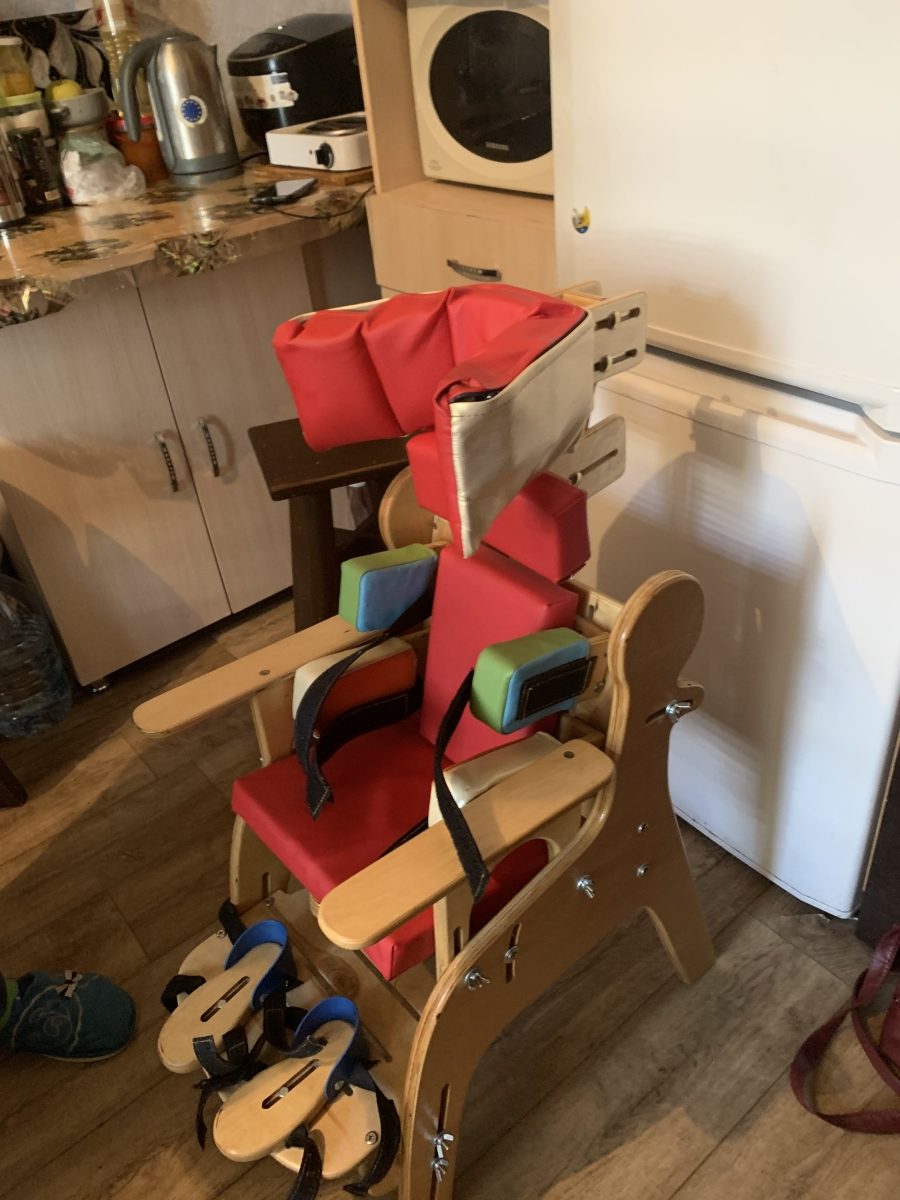
Partnership for Change
Both organizations continue to work in partnership with the mom and her son and we are seeing positive changes in their lives.
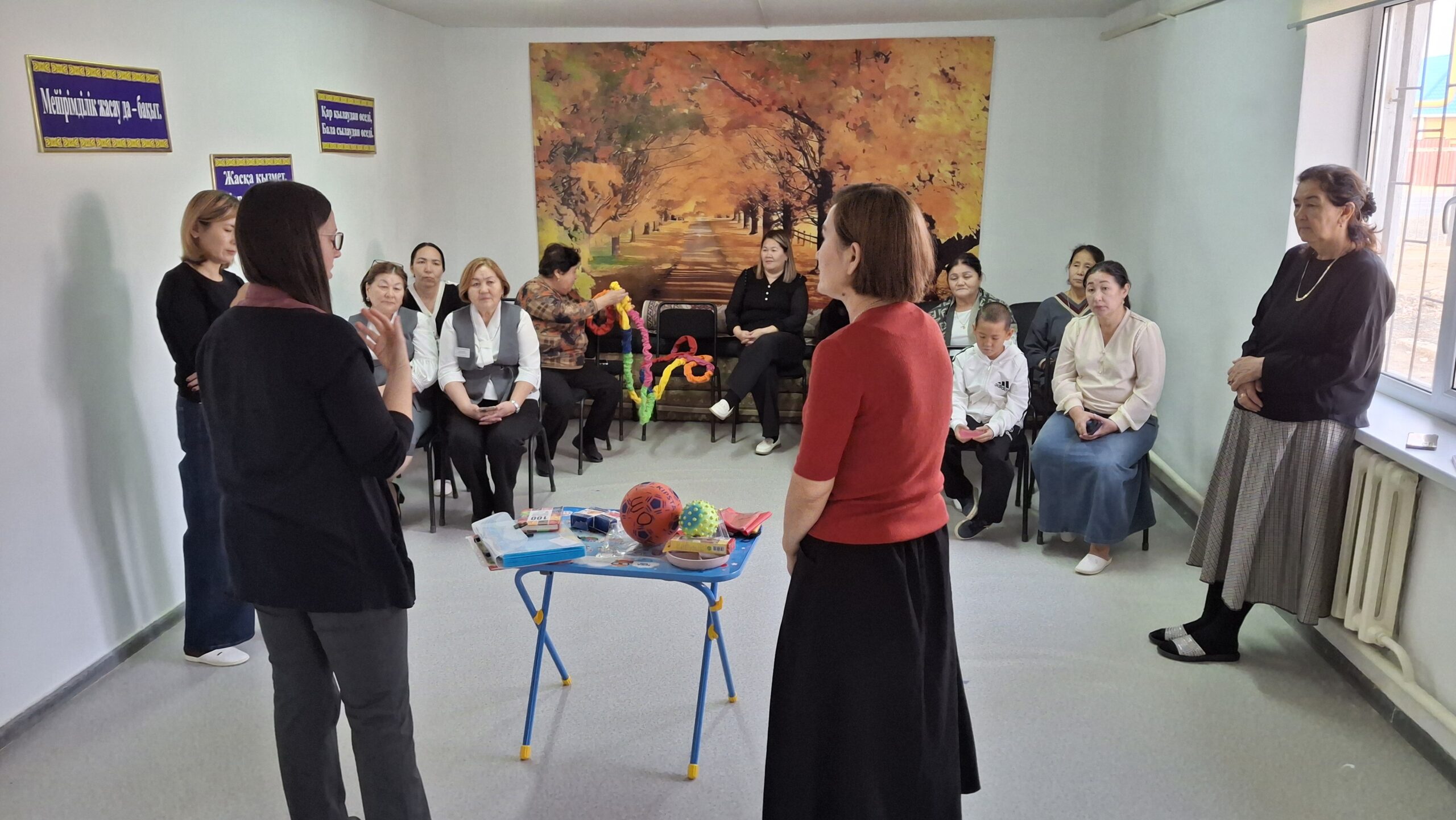
Local Partnerships to Maximise Capacity
When a massive flood hit the North West of the country, our team was able to visit and make connections with families and centres with children with disabilities.
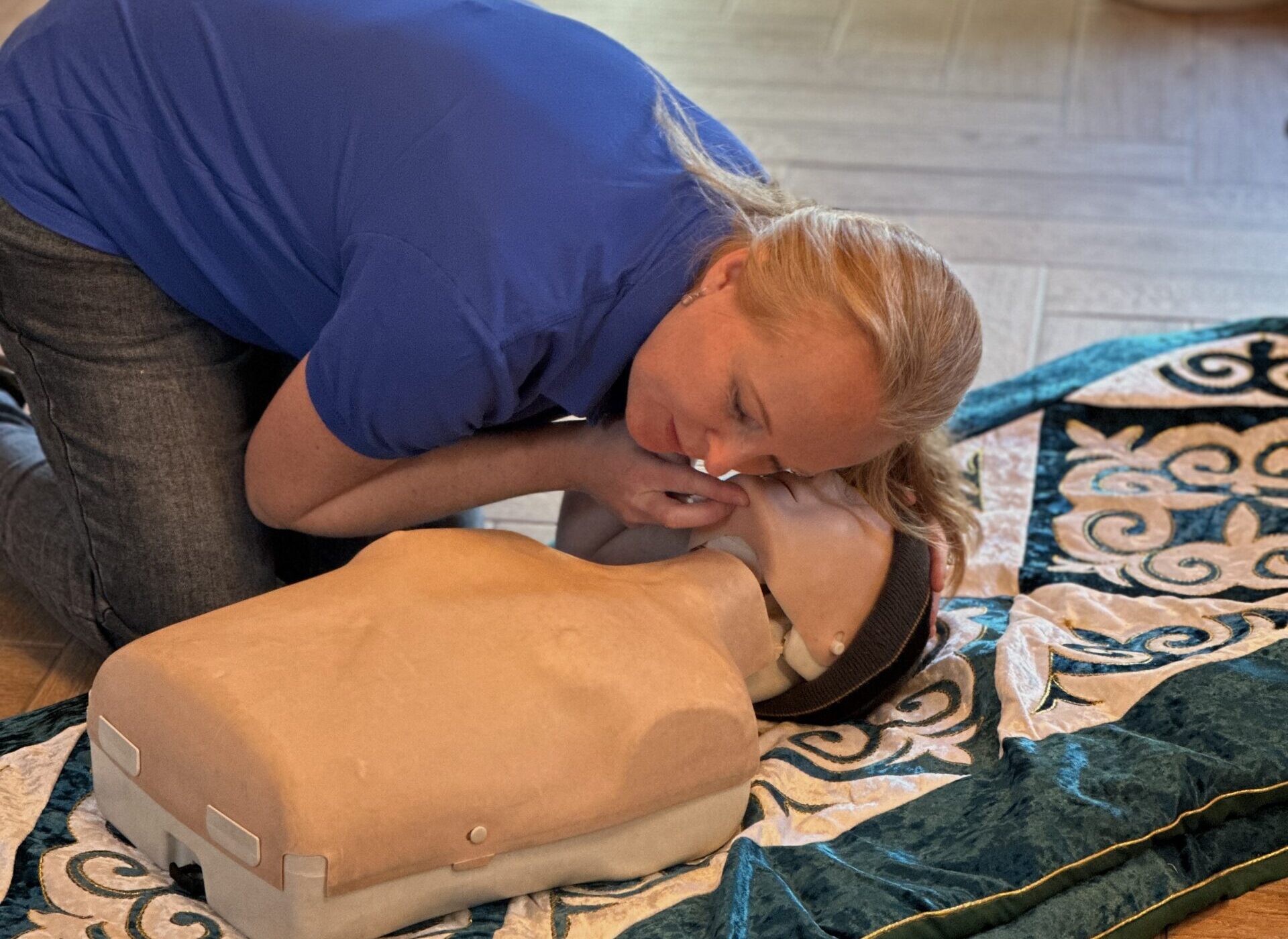
First Aid Training Programme
After living in Central Asia for a year and engaging closely with the local community, I noticed a significant gap in health knowledge. Many people would quickly panic in medical situations simply because they did not know how to respond.
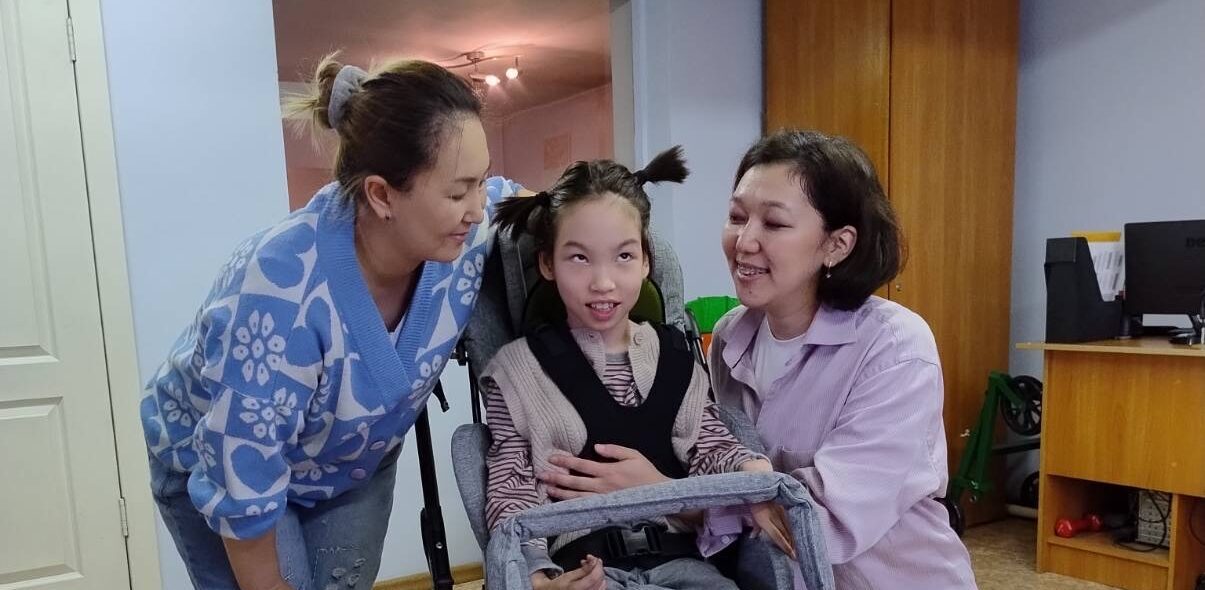
Empowering Mothers
“It is so important that you know your rights!”
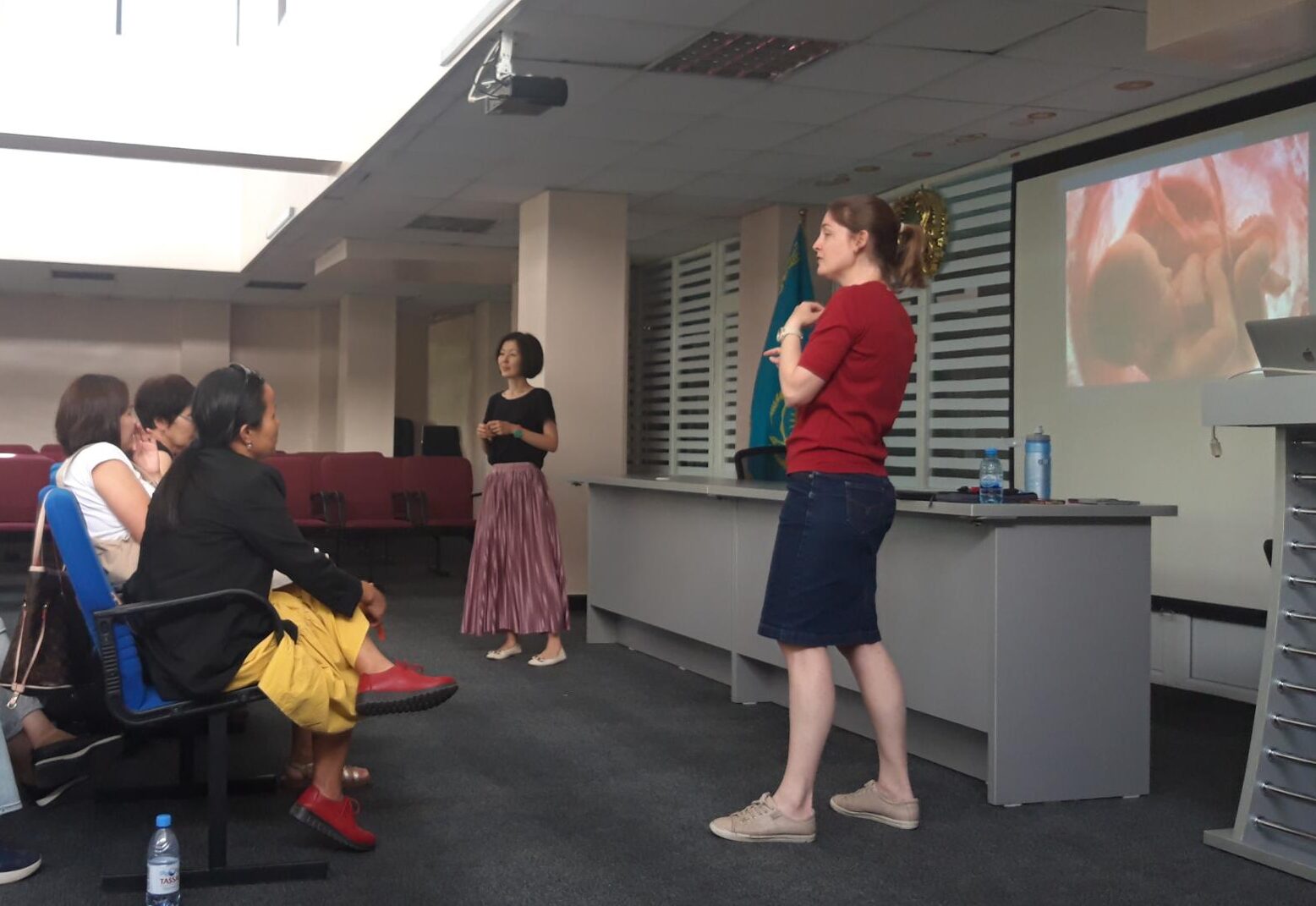
Training for Local Health Care Professionals
Kangaroo care and skin to skin contact between mother and newborn baby – these are vital practices unheard of in the local Kazakh neonatology hospitals.
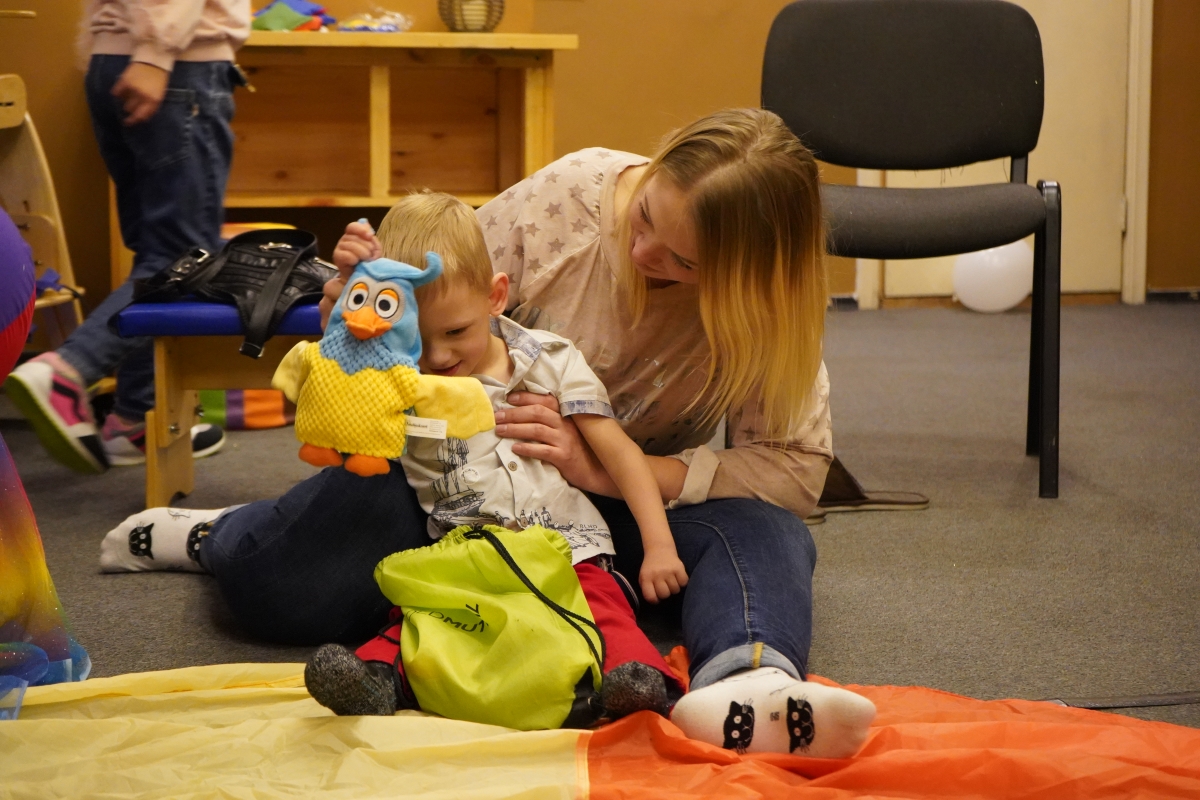
Now He Sits Like a King!
Positioning and proper support for children with cerebral palsy is crucial to their development and also to interacting and engaging with their environment.
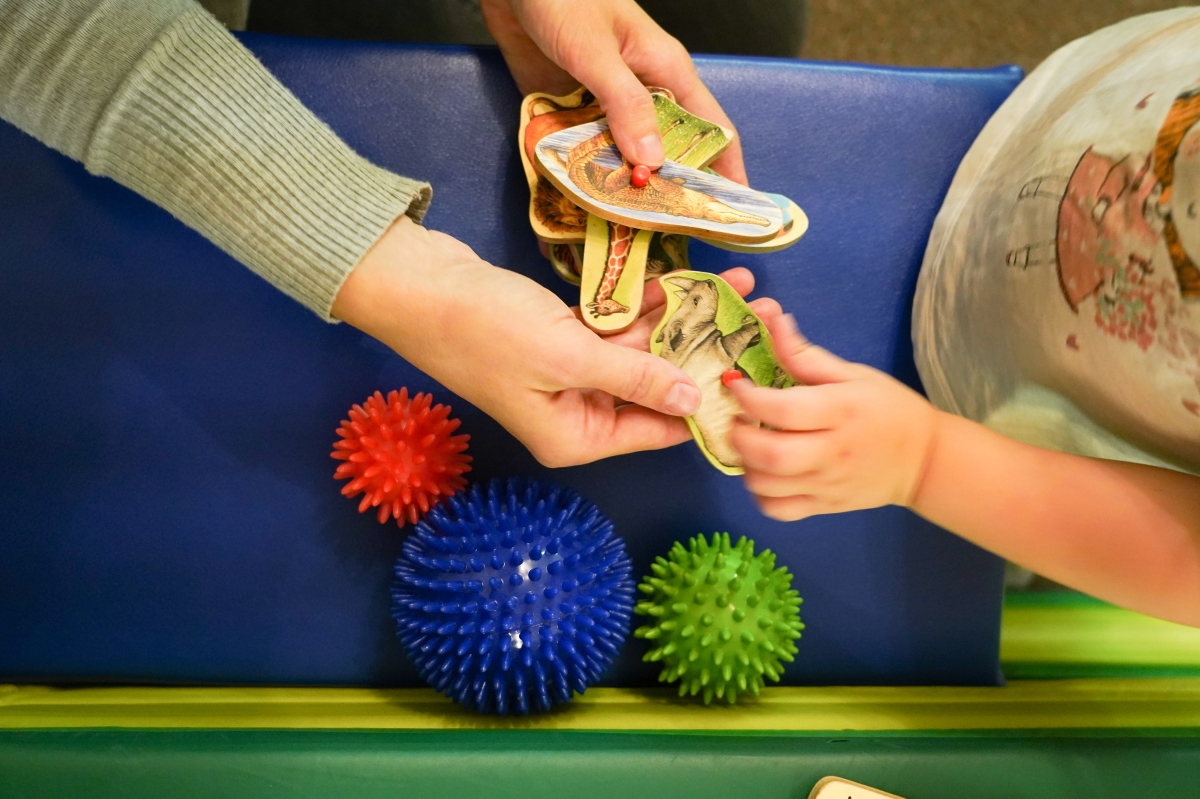
Professionalism Produces Results
Practical training like this empowers therapists to be more professional and to achieve better results in their treatment.
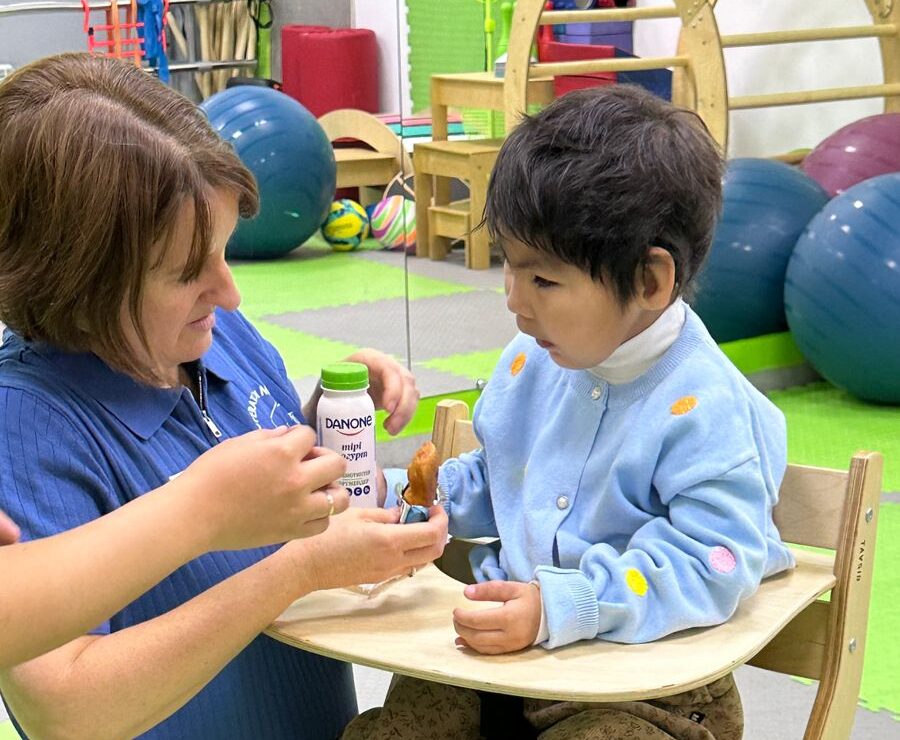
Growing in Strength and Love
When our team first met Gulnar, a six-year-old girl diagnosed with cerebral palsy (CP) and a suspected case of CHARGE syndrome, she was unable to walk or communicate.
